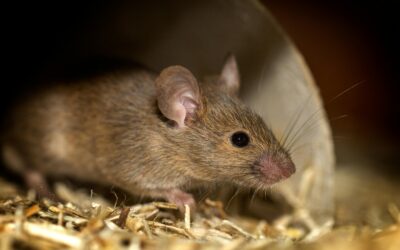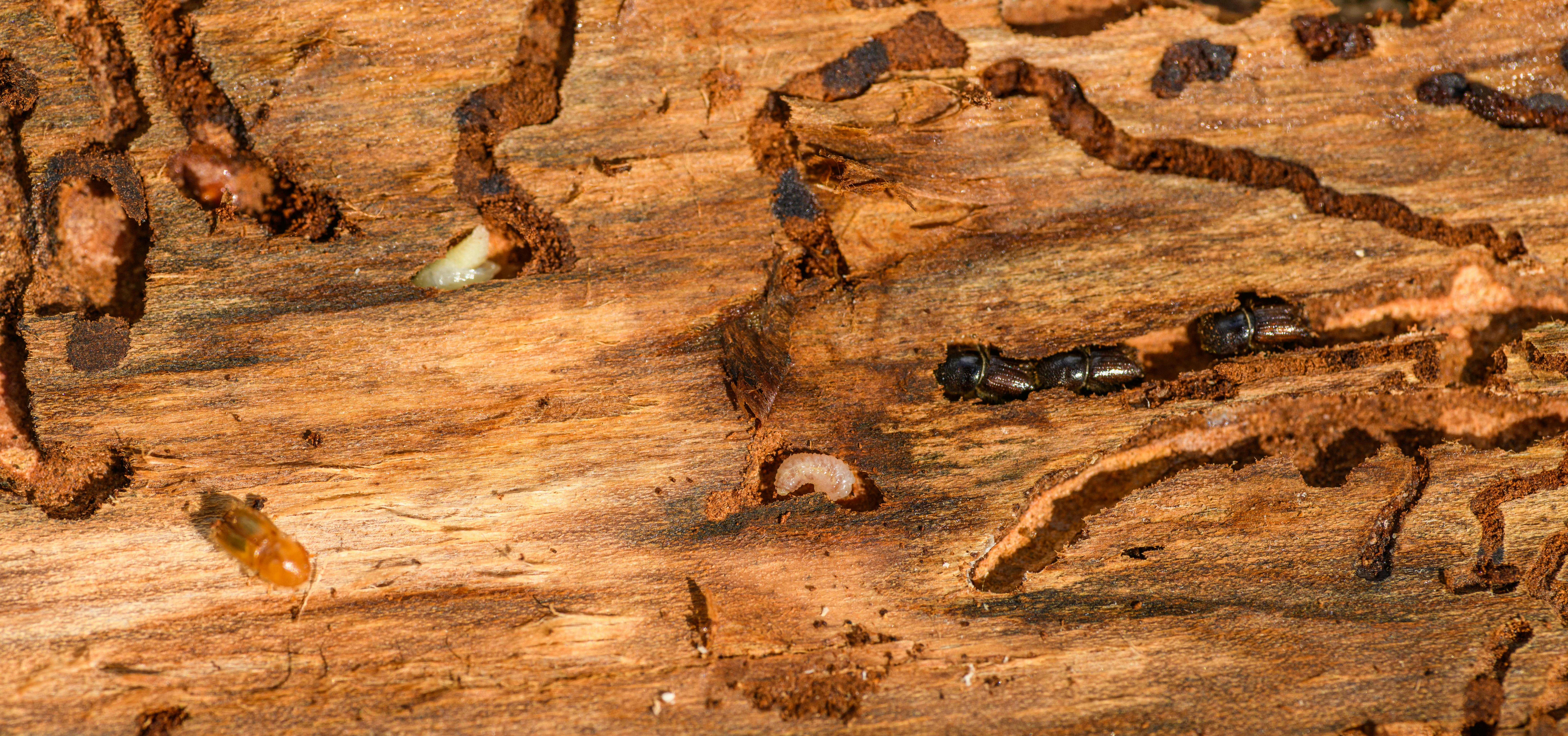
Should You Do Your Own Pest Control?
We are a culture of HGTV and DIY. And in some cases, DIY pest control is a perfectly reasonable solution to your spider problem or a one-time mouse sighting. But sometimes the costs and risks outweigh the benefits of trying to do your own pest control. Let’s look at the pros and cons of DIY pest control and how you can do your own pest control safely and effectively.
Consider the Scale of Your Pest Problem
If you spot a single bug (a fly, a yellow jacket, an ant, etc.) you can likely do your own pest control. Swat the bug with a swatter, set out a trap, or clean up its food source. But if you see or notice signs of a swarming insect like a bed bug, termite, or flea, contact an exterminator immediately to avoid a full-fledged infestation. Pests that multiply quickly and gather in large groups can quickly go from a nuisance to a health hazard.
If you saw one roach in your kitchen, it may have found its way inside through drainpipes, air vents, or open doors. In this case, it’s best to try and squash the roach immediately. If you use the bottom of your shoe, be sure to take the shoe off and clean it thoroughly so you don’t unknowingly track roach eggs all over your house. If the roach gets away, you can also place roach motels in strategic corners and nooks like under the fridge or in the back of the kitchen sink cabinet.
But if you see a cockroach (or any other pest) more than once every few months – you likely have a large-scale infestation under your house or in the walls. If there have been multiple sightings, it’s time to call a professional to exterminate.
Consider the Expenses
Once you’ve considered the scale of your pest problem, it’s time to think about the expenses involved. One mousetrap is going to be much cheaper than calling a professional. But if you have an infestation, it’s going to be much cheaper to call an exterminator than to buy 50 mouse traps.
Although the initial expenses may be higher when you hire a professional exterminator, it may actually be cheaper in the long run. For instance, what if the first DIY pest control solution fails? You have to buy another one. If that one fails as well, you’ll have to call an exterminator anyway and you’re already out the money for your over-the-counter options.
And – even more importantly – you have to take into consideration the damage being done to your home while you try to do your own pest control. Termites, for example, can munch their way through your expensive wooden construction materials and furniture while you attempt to oust them on your own. Mice can chew through electrical wires, foul food, and bite pets. In most cases, calling an exterminator sooner rather than later is much cheaper and easier than trying to do it on your own.
Safety First
Many of the chemicals used to kill pests are toxic to humans and pets as well. If you don’t have the correct safety equipment and training you could end up burning your eyes or skin, damage your lungs from inhaling fumes, or even end up in the emergency room when your child or pet sticks a trap in their mouth.
We don’t want to scare you – when used correctly, many over-the-counter pest control options can be very effective and safe. Just read the instructions carefully and don’t allow your children or pets near any toxic substances or fumes.
Professional pest control specialists have the training and safety equipment to ensure that your home is treated safely.
If you have questions about DIY pest control or you’re ready to throw in the towel and call a professional, we’re here to step in and help! Contact West Termite, Pest & Lawn today.
More posts from West Termite, Pest & Lawn
Hidden Pests? Signs & Prevention Tips
Pests can invade your home quietly, causing damage long before you notice their presence. Early detection is crucial to preventing a full-blown infestation that could affect your property and health. So, how can you tell if you have a hidden pest problem? The top...
The Hidden Dangers of Termites
Termites may be small, but the damage they cause can be devastating. These silent destroyers can wreak havoc on your home or business, often without any visible signs until it’s too late. Understanding the hidden dangers of termites is crucial for protecting your...
Spiders as Pest Control
Spiders are often seen as unwelcome guests in homes, but did you know they can actually serve as a natural form of pest control? These eight-legged creatures play a crucial role in keeping the population of other pests in check, such as flies, mosquitoes, and even...



